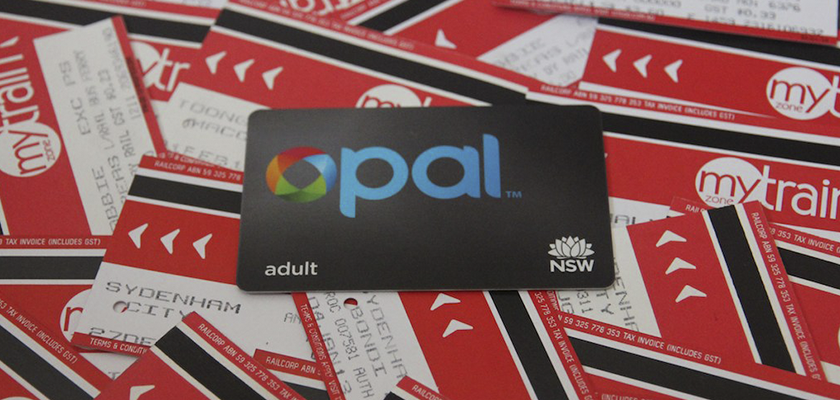An Opal card loophole at Transport for New South Wales (TfNSW), Australia allowed travellers to obtain new cards at no cost whilst ditching used unregistered cards that had outstanding negative balances.
In the financial year of 2018-2019, this amounted to about $2.9 million in losses, $1 million less than the previous financial year.
$2.9 million is equal to 0.4% of the total revenue TfNSW derives from Opal cards. This amount was spread across 1.1 million cards with negative balances, with an average of $11.76 remaining on each card.
An Opal card can have a maximum negative balance of $20.
Until November 2018, the total cumulative amount lost since the Opal card was introduced summed up to about $8 million.
But recent documents from 7News in August 2019 revealed that $80 million remained on unused Opal cards that were still loaded with credit, and probably discarded after a few uses.
Earlier in January 2019, TfNSW made changes to its ticketing system at Syndey airport to prevent passengers with high negative balances to exit the station.
TfNSW also took a tougher stance on fare evasion, which caused $83 million losses in 2018.
$10 for a new Opal card?
Unlike other Australian public transport cards such as Adelaide MetroCard or Melbourne’s mywiki, Opal cards don’t have an inherent cost. Travellers just have to top up money so they can pay for their trips on trains, trams, buses and ferries.
The costs of the cards, including those used by tourists, are subsidised by NSW taxpayers.
Leaked documents by ABC and Fairfax Media in 2018 revealed that Transport of NSW was considering to charge a $10 fee for acquiring a new Opal card.
With this fee, TfNSW aimed to cover the production costs of the cards and to make up for the shortfall in revenue due to fare evasion.
The fee would have also encouraged ticketless payments, cutting retail costs to distribute and reload the Opal cards, and the costs of customer call centers.
However, the local Government turned down the idea. Transport Minister Andrew Constance said Opal was the foundation of the state’s public transport system and that there were “no plans to introduce any fee for new Opal cards”.



